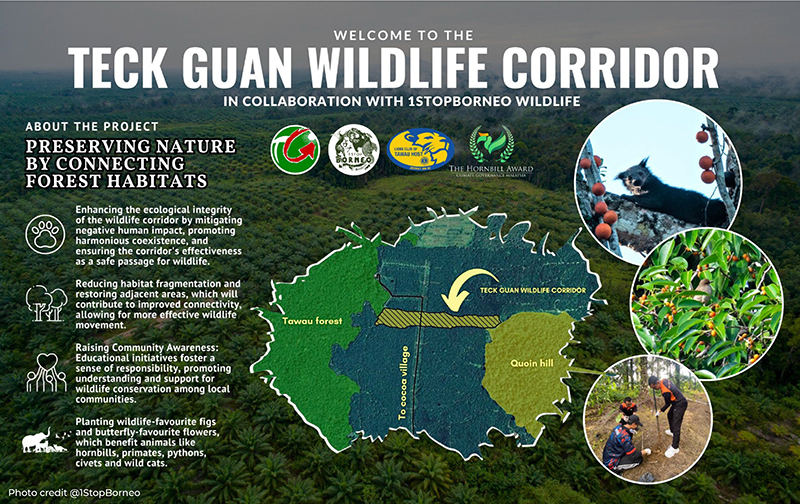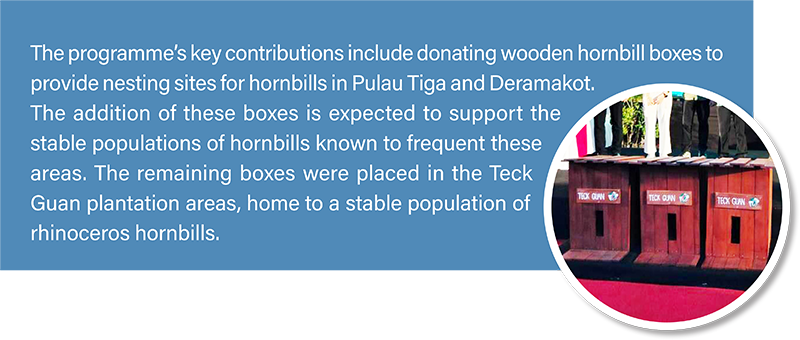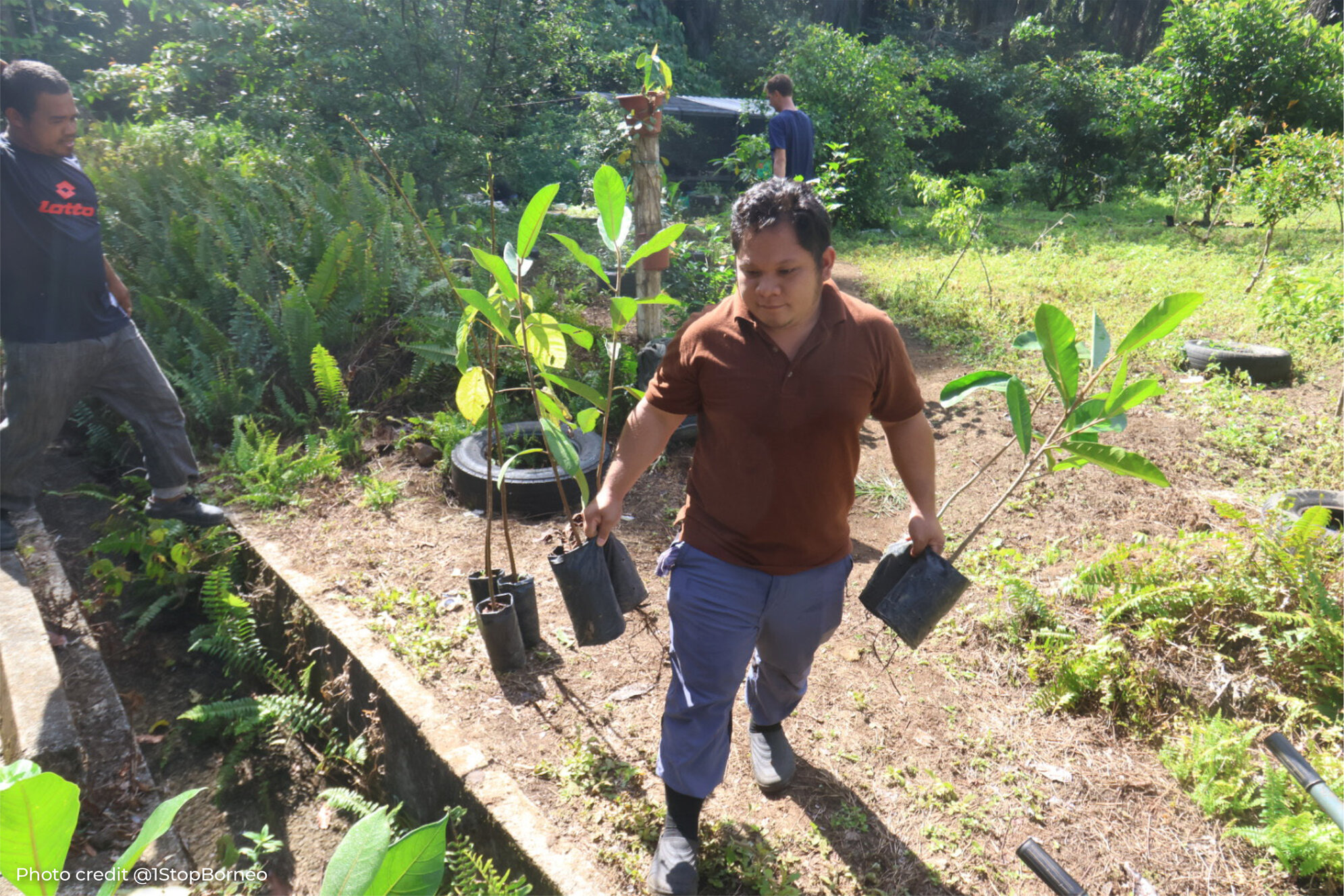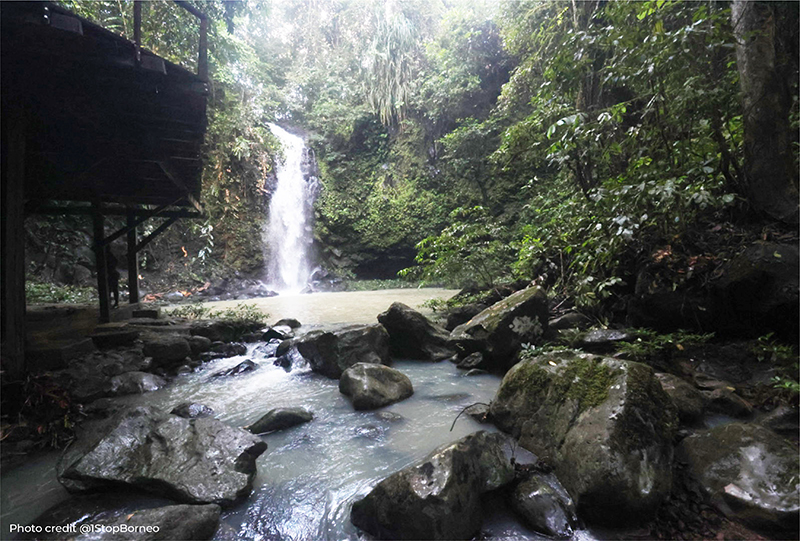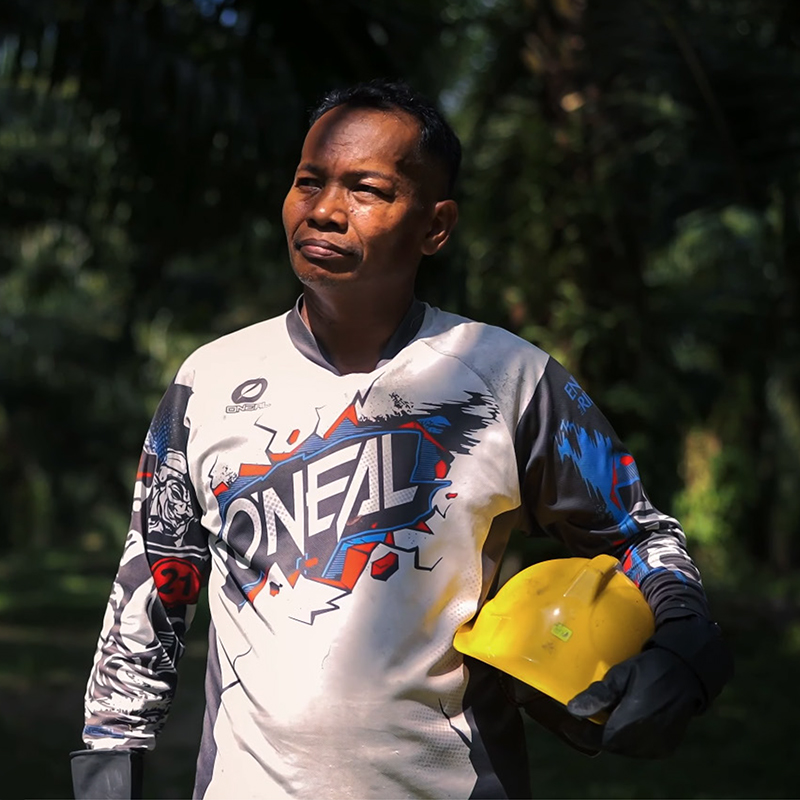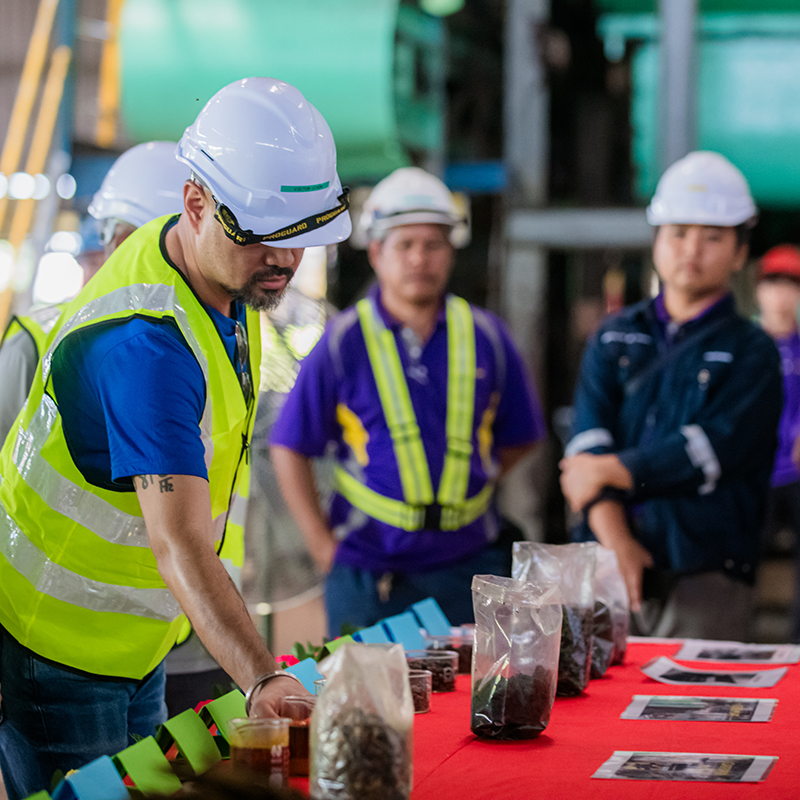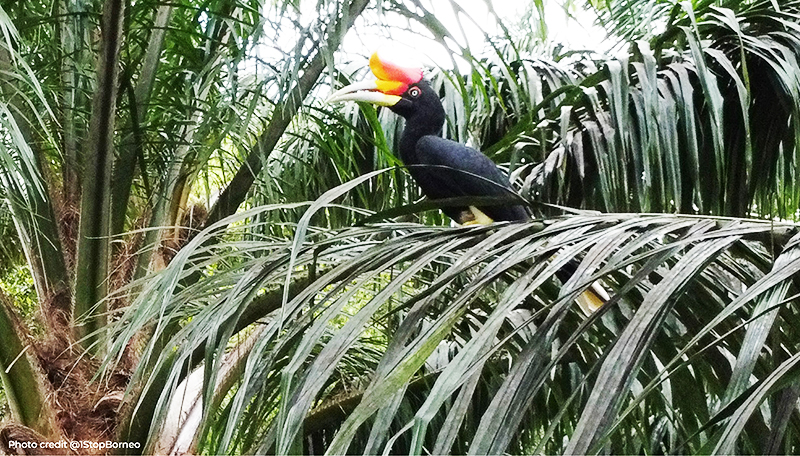
The Wildlife Corridor in Tawau, Sabah, represents a significant stride in conservation efforts designed to connect the Tawau Forest and Quoin Hill, reducing the impact of forest fragmentation. Local conservation group 1StopBorneo Wildlife, in partnership with Teck Guan Plantations and with the support of various stakeholders, champions this initiative, which aims to create a thriving ecosystem within the oil palm plantation.
The project focuses on planting figs and flowers, which are essential for supporting the diverse wildlife of Borneo. With over 160 species of figs on the island, these plants are crucial for the sustenance of numerous animals, including bats, hornbills, deer, flowerpeckers, bears, and butterflies.
Shavez Cheema, a key figure in this initiative, emphasised the collective responsibility to help Tawau’s wildlife, highlighting 1StopBorneoWildlife’s years of research and successful reforestation methods, particularly the planting of marcotted figs. Chun Xing Wong, President of 1StopBorneo Wildlife, also highlighted the importance of figs, educating the public about Sabah’s biodiversity and the ongoing conservation visions for Tawau and Sabah.
The corridor benefits wildlife and serves as an educational platform. It has attracted support from various entities, including local schools, NGOs, and international visitors. The Lion Clubs of Tawau, One Tree Planted, Quentin Phillipps, and the Hornbill Awards are among the sponsors contributing to the 2024 reforestation efforts in Deramakot and Tawau.
The launch of the Teck Guan Wildlife Corridor showcased educational footage on pangolins and Borneo elephants, highlighting the broader conservation effort in the region. The corridor has already been planted with over 500 trees, including various species of figs and butterfly-favourite flower plants, with more expected in the coming years.
The project also includes developing a waterfall café in Cocoa Village, known for its pristine rainforest and basaltic rock formations. This café aims to promote eco-tourism and give visitors a deeper understanding of the local ecosystem.
Chun Xing Wong, President of 1StopBorneo Wildlife, planting figs and flowers to ensure the continued growth of Borneo's diverse wildlife.
During the launch, Avito Hong emphasised the importance of small-scale ideas in conservation, illustrating how small forest pockets can transform into thriving ecosystems within a few years. Once barren land, the corridor will now serve as a lifeline for endemic species, offering a safe passage.
The Wildlife Corridor in Tawau is a conservation initiative that aims to reconnect fragmented habitats, support local wildlife, and educate the public on the importance of biodiversity. The collaborative efforts of various stakeholders, including the local community, highlight their commitment to preserving nature and fostering a sustainable environment for future generations.
Waterfall at the Cocoa Village, known for its pristine rainforest and basaltic rock formations.


